Contaminated Military Bases:
California
- Marine Corps Logistics Base Barstow
- El Toro Marine Corps Air Station (decommissioned)
- Mather Air Force Base
- McClellan Air Force Base
- March Air Force Base
- Norton Air Force Base
- Camp Pendleton Marine Corps Base
Florida
Gaum
Massachusetts
Michigan
Minnesota
Missouri
North Carolina
Nebraska
New Hampshire
New Jersey
New York
Pennsylvania
Texas
Washington
BENZENE • VINYL CHLORIDE
Benzene
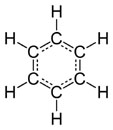
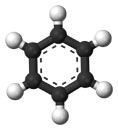

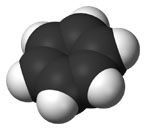
Breathing very high levels of benzene can result in death, while high levels can cause drowsiness, dizziness, rapid heart rate, headaches, tremors, confusion, and unconsciousness. Eating or drinking foods containing high levels of benzene can cause vomiting, irritation of the stomach, dizziness, sleepiness, convulsions, rapid heart rate, and death.
The major effect of benzene from long-term exposure is on the blood. Benzene causes harmful effects on the bone marrow and can cause a decrease in red blood cells leading to anemia. It can also cause excessive bleeding and can affect the immune system, increasing the chance for infection.
Some women who breathed high levels of benzene for many months had irregular menstrual periods and a decrease in the size of their ovaries, but we do not know for certain that benzene caused the effects. It is not known whether benzene will affect fertility in men.
Long-term exposure to high levels of benzene in the air can cause leukemia, particularly acute myelogenous leukemia, often referred to as AML. This is a cancer of the blood forming organs. The Department of Health and Human Services (DHHS) has determined that benzene is a known carcinogen. The International Agency for Research on Cancer (IARC) and the EPA have determined that benzene is carcinogenic to humans.
Vinyl Chloride
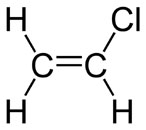
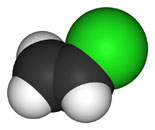
Breathing high levels of vinyl chloride can cause you to feel dizzy or sleepy. Breathing very high levels can cause you to pass out, and breathing extremely high levels can cause death.
Some people who have breathed vinyl chloride for several years have changes in the structure of their livers. People are more likely to develop these changes if they breathe high levels of vinyl chloride. Some people who work with vinyl chloride have nerve damage and develop immune reactions. The lowest levels that produce liver changes, nerve damage, and immune reaction in people are not known. Some workers exposed to very high levels of vinyl chloride have problems with the blood flow in their hands. Their fingers turn white and hurt when they go into the cold.
The U.S. Department of Health and Human Services has determined that vinyl chloride is a known carcinogen. Studies in workers who have breathed vinyl chloride over many years showed an increased risk of liver, brain, lung cancer, and some cancers of the blood have also been observed in workers.
Below is a list of the types of health outcomes that have been found to be linked to Benzene/Vinyl Chloride
- Anemia
- Irregular menstrual periods
- Decreased ovaries
- Low birth weight
- Delayed bone formation
- Bone marrow damage
- Leukemia
- Liver change
- Nerve damages
- Immune reactions
- Blood flow in hands
- Damage to sperm/testes
- Rare liver cancer




